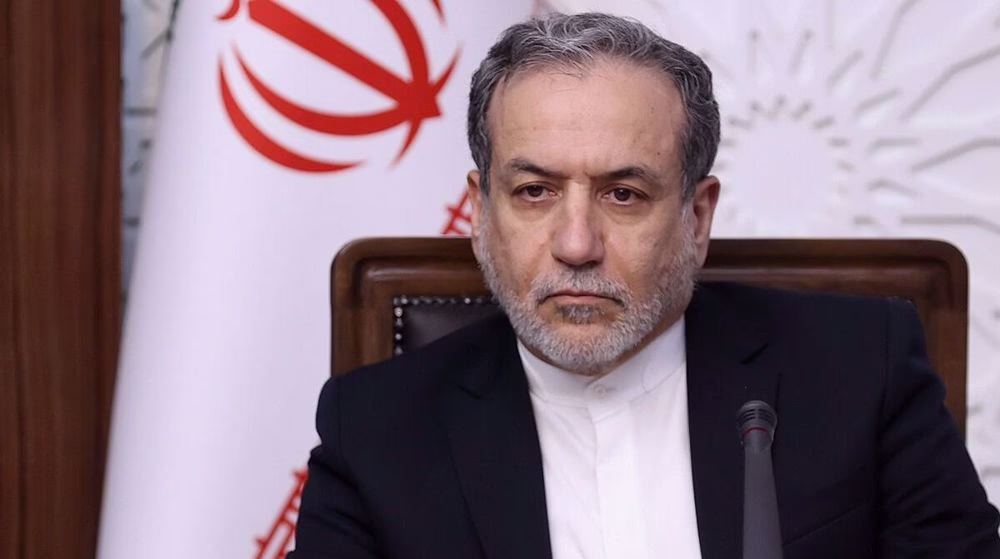The Federal Government of Pakistan has announced key economic decisions aimed at tackling fiscal challenges, including further increases in electricity and gas prices and the decision not to issue bonds in the current financial year due to global market conditions. The International Monetary Fund (IMF) has been informed about these revisions, emphasizing the need for continued support under the IMF program. However, no decision has been made regarding the imposition of taxes on retailers or the real estate sector.
The upcoming months are expected to witness a reduction in inflation, providing some relief to the public. The Finance Minister, Dr. Shaukat Tarin, highlighted the necessity for Pakistan to remain in the IMF program to sustain ongoing economic reforms. He stressed that the country’s economy is still fragile, and the opportunity to secure another loan program from the IMF should not be missed. A third tranche of $1 billion is expected to be initiated soon under the existing program.
The debt incurred in the energy and gas sectors has surpassed 4% of Pakistan’s GDP, warranting urgent action to bring it down. Dr. Shaukat Tarin, while briefing the media, explained that the government plans to seek funding from various international financial institutions and partners. An estimated $1 billion from the Asian Development Bank, $2 billion from the World Bank, and $500 million from the International Finance Corporation (IFC) are anticipated.
Dr. Shaukat Tarin also discussed the need for structural reforms in various governmental institutions, particularly those incurring losses. Policies have been approved to facilitate the privatization or restructuring of entities such as PIA, Pakistan Post, Pakistan Broadcasting Corporation, and the National Insurance Company. The government aims to improve their efficiency and reduce the financial burden on the national exchequer.
The Finance Minister highlighted the importance of taxing windfall profits on banks, which is expected to generate around Rs. 35 billion in revenue. Additionally, measures will be taken to combat corruption and financial mismanagement through the creation of an anti-corruption framework in collaboration with the Ministry of Law and NAB (National Accountability Bureau).
Regarding the currency exchange rate and market-based determination of the exchange rate, Dr. Shaukat Tarin mentioned that the currency’s value is determined by the market, and efforts are underway to address issues related to the grey market. He reiterated the government’s commitment to initiate the repayment of the third tranche to the IMF, ensuring timely action to alleviate economic pressures.
The Finance Minister acknowledged the successful economic reforms implemented in recent months, resulting in a more favorable business environment and increased investor confidence. The reforms have contributed to improved economic activities, and the government remains committed to sustaining this positive trajectory.



